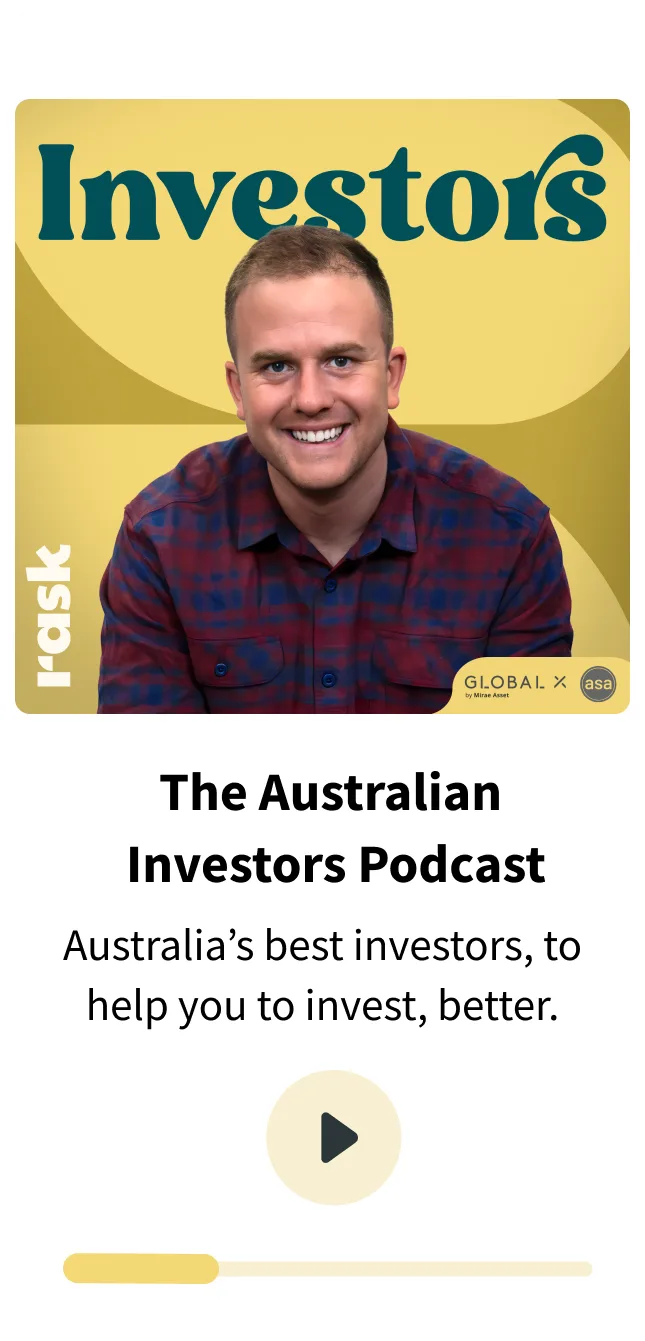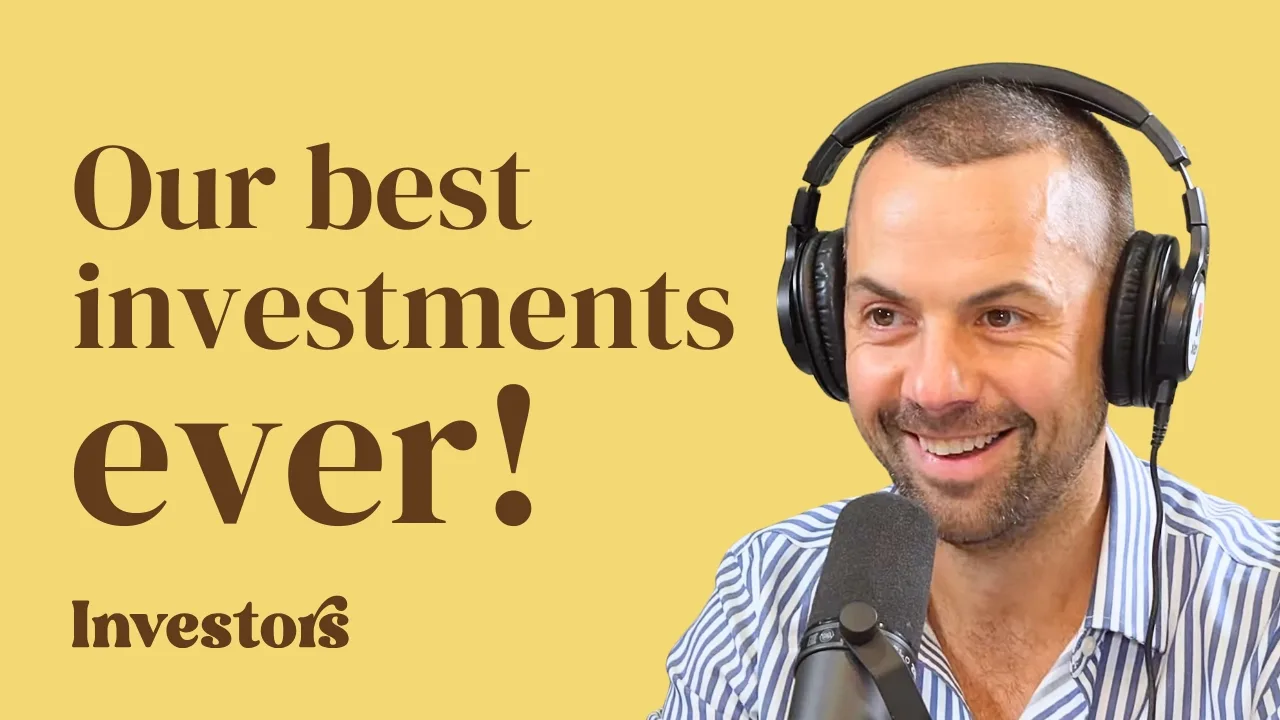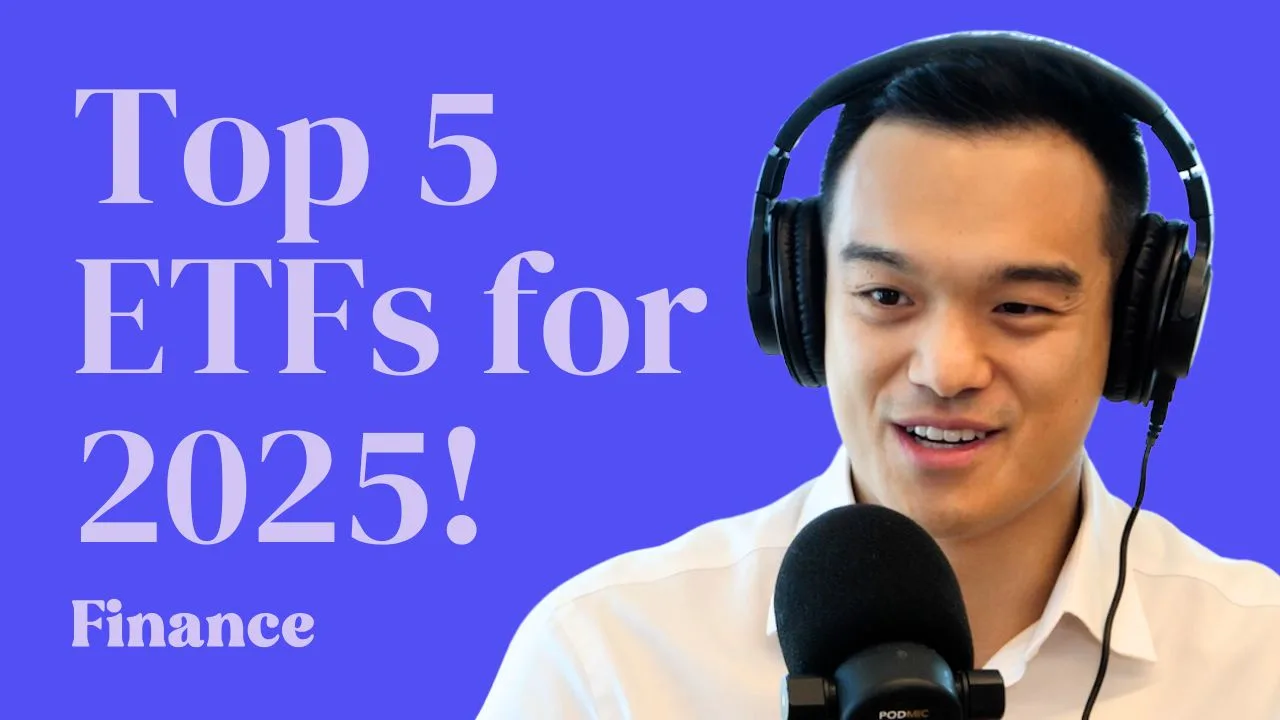Jodi Stanton is the co-founder of Rush Gold, an Australian platform enabling you to buy, hold, sell, invest and transact in gold 24/7. From as little as a couple of dollars to $10,000 or up to a million, Rush Gold helps investors get direct exposure to gold for as little as 1% with capped fees.
This sponsored podcast takes you along the remarkable journey of how Jodi Stanton navigated her life from a super-entrepreneur to Yale University, to a Wall Street actuary testifying before courts. Jodi explains how a trip around the world on a bike and a move to Australia led to the re-birth of a ‘gold standard’ style financial services platform, Rush.
About Jodi Stanton
Jodi was the winner of the Digital Disruptor of the Year 2021, Winner of the Most Innovative Person 2020 and Winner of the Best Investment Innovation 2020 Finder Innovation Awards. She also won the MyBusiness Awards for Finance Business of the Year 2020, Fintech Business Awards 2019 for Femtech Leader of the Year. And was a Finnie Awards finalist for global go-to-market innovation 2019, 2020, 2021 and 2022.
Jodi spent over 25 years founding, advising, working for, investing in and securing funding for businesses across technology, financial services and digital currencies.
Investment Director for venture capital, private equity and alternative asset manager M.H. Carnegie & Co and served on the investment committee for the Sydney Angels’ Side Car Fund. Jodi started career as an actuary in the US, focused on asset-liability matching with Aetna and Unum.
Rush Gold talking points
Icebreakers
In a previous interview, you were forced to pick one investment you would make for 10 years and not sell. Your response was “an unlisted organic farm”. Can you break that answer apart for me?
Jodi, I’m a firm believer that in our modern world that privacy is an illusion. What’s the greatest threat technology poses to society?
About Jodi
Your professional background is incredibly varied and rich. Over time you have worked in venture capital, investment banking, consulting, and more. I’m curious, which one of these experiences made you a: a) better business operator, and b) better investor?
In 1998, Long-Term Capital Management, the highly leveraged hedge fund, collapsed, taking $3.6 billion with it after reporting a loss of $4.6 billion within 4 months due, in part, to exposure to leverage and the Asian financial crisis. If I’m not mistaken this had a profound impact on you later in your career?
So, in 2016, you finally bit the bullet to build Rush Gold. In doing so, you also took a big pay cut. Why, how and what information did you gather?
How are investors charged by Rush? What fees are applied?
If I’m not mistaken, Rush is growing wildly popular with investors, SMSFs and high net worth individuals who want low-cost and secure exposure to gold. But you didn’t just build it for that. You also built a ‘gold as a service’ platform. Can you walk us through that?
Before we all agreed to form our partnership and advertising on the Rask network I was really sensitive and wanted to drill down into the security of the platform you built. I now know you operate under two financial services licences and much more. Can you explain how you ensure the security of investors’ gold on Rush?
What does ‘direct title to gold’ mean? How does that compare to most other ways of getting exposure to Gold?
I’d like to turn to gold as an investment and an asset class. Let’s start high level. Gold doesn’t pay a dividend. It doesn’t operate as a company. It doesn’t, by itself, solve real-world problems like say a company or business would. So, my first question is, what drives the gold price?
Previously I heard you say one of the greatest 10-year financial risks for investors and consumers is a loss of purchasing power. Why?
Why would someone use Gold instead of, say, crypto?
If you go back 5 years, Jodi, most investors would have some type of investment portfolio that has a variation of 60% invested in stocks and 40% in bonds. Bonds being a traditionally ‘safer’ investment because it’s a loan to the government which guarantees the repayment of, say, $100 of capital in 10 years and a payment every year (e.g. $5 per year). But bonds, while lower risk than shares, are very impacted by sentiment and things like inflation. I heard you previously say “Bonds are destroying capital.” Can you explain this view?
I know I’m asking a Gold entrepreneur to answer this question so maybe some reference points will help. Traditionally, versus today, how much of an allocation to gold are we seeing in professional investor portfolios?
I’m going to ask a very hard question and conjure my inner Charlie Munger to invert. What evidence would make you change your mind about gold as a long-term holding?
A lot of our listeners would use gold ETFs as a vehicle for exposure to the gold asset class. How does this differ from Rush?
Currently, Rush offers gold as a backbone to a financial services ecosystem based on gold. But couldn’t you build or integrate Rush to handle more than just gold assets?
How do you, are you, teaching your kids about money and investing?
What’s one thing about finance or investing you believe that few others would agree with you on?






